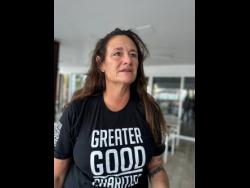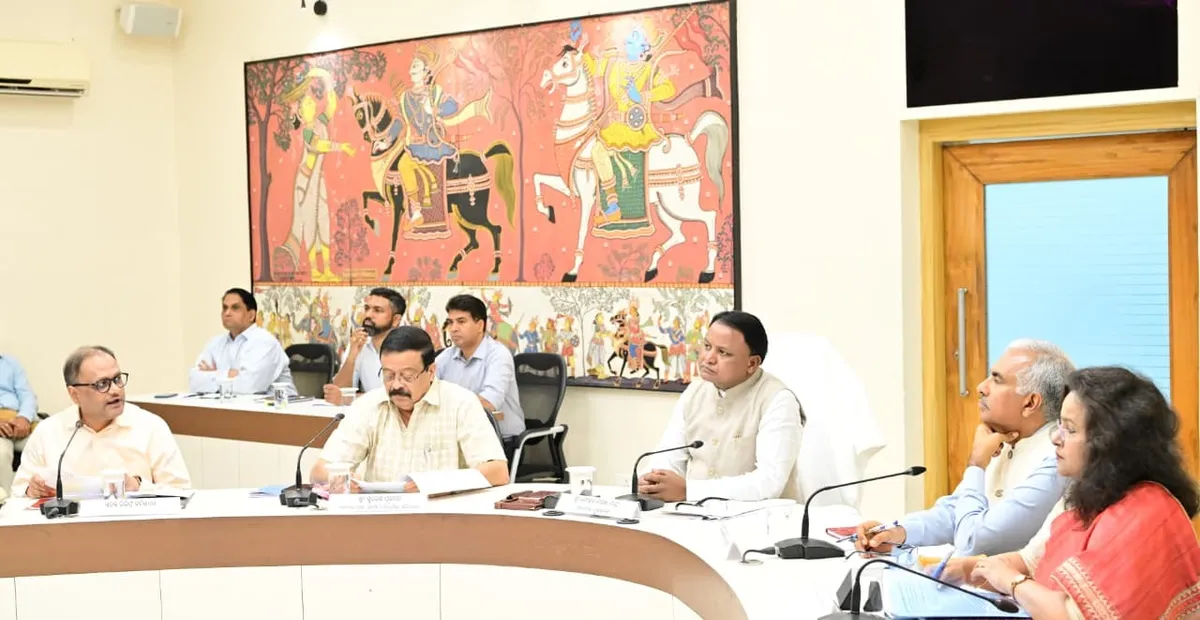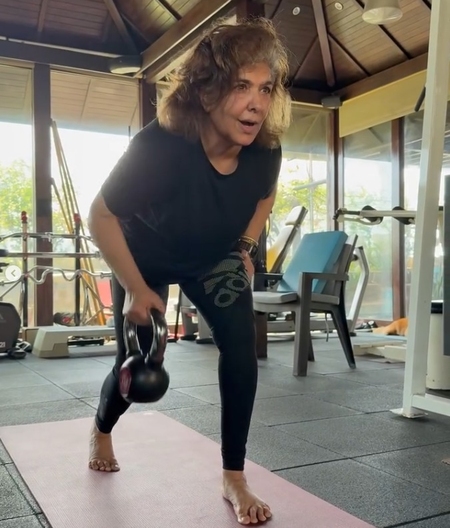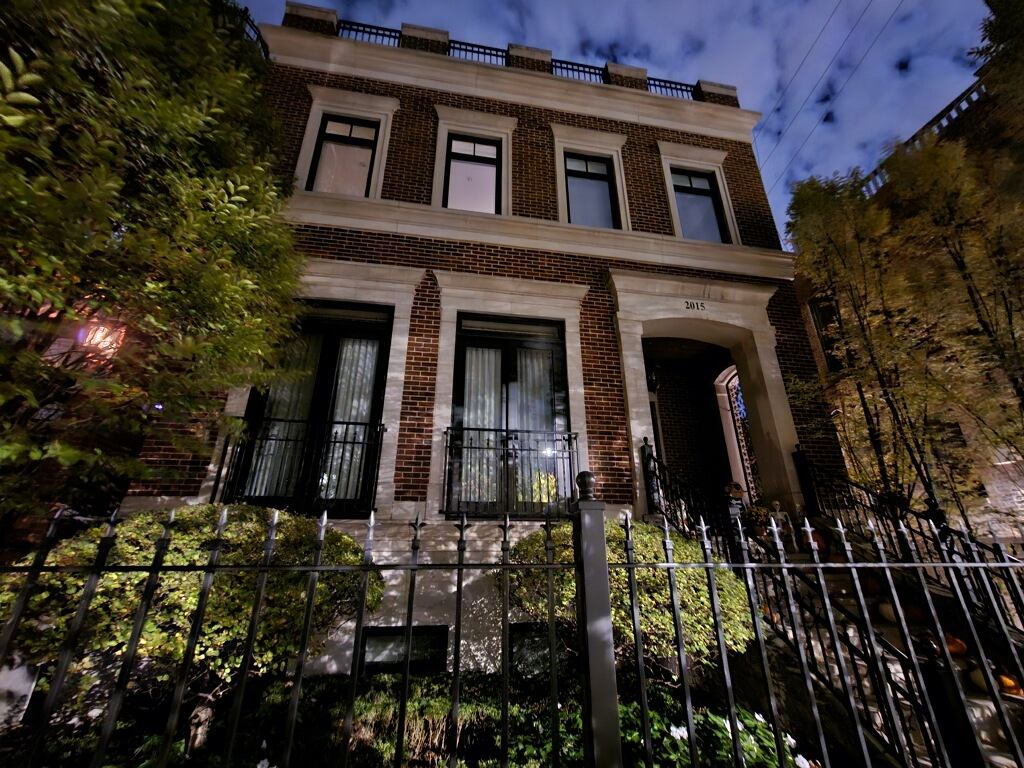Copyright jamaica-gleaner

When Hurricane Melissa flattened crops and stripped Jamaica’s hillsides bare, few thought about the smallest victims – the bees. But for Laura Littlebear of Greater Good Charities, saving these pollinators is key to rebuilding the island’s ecosystem. Littlebear, an emergency-response specialist from the United States, arrived in Jamaica with a team of volunteers and a shipment of humanitarian and animal-aid supplies. Her organisation, Greater Good Charities, has responded to disasters from the California wildfires to the war in Ukraine, often stepping in to assist animals and ecosystems overlooked in traditional aid responses. “We have partners on the ground here, like the JSPCA (Jamaica Society for the Prevention of Cruelty to Animals) and the Salvation Army, and we listen to locals tell us what’s needed,” Littlebear said. “The bees happen to be one of those areas nobody ever thinks about, but they’re our lifeline. If they’re not pollinating, we’re not eating.” Her team is focusing on western Jamaica – particularly Hanover, Westmoreland, and St James – where Hurricane Melissa uprooted trees, washed out crops, and left entire communities without power or food supplies. Temporary hives, bee feeders, and emergency nutrition are among the items being distributed through local partners. “We want to give these bees a fighting chance,” Littlebear said. “If they die, it affects everyone – the farmers, the grocers, the households that depend on fruits and vegetables.” An Unseen Casualty of Disaster In the aftermath of hurricanes, attention often centres on rebuilding homes, schools, and roads. Yet when flowering trees are stripped bare, bees are left with nothing to eat. Within days, colonies can collapse, setting off a chain reaction that affects agriculture, food supply, and biodiversity. Environmental experts note that pollinator loss threatens not only Jamaica’s crops but the very stability of its ecosystems. Bees pollinate countless wild plants that feed birds, bats, and other animals. Their absence can disrupt the delicate web of life that keeps forests green, rivers clean, and soil fertile. According to the United States Department of Agriculture (USDA), about one out of every three bites of food we eat depends on pollinators like bees. They are responsible for fertilising nearly 75 per cent of the world’s food crops, from fruits and vegetables to coffee and cocoa – both staples in Jamaica’s agricultural economy. “Bees are the unsung engineers of our environment,” said Littlebear. “They work quietly in the background, but without them, everything else begins to crumble.” Beyond the Bees: Healing People and Nature Greater Good Charities’ work in Jamaica goes beyond bee aid. The group is also delivering crates, leashes, pet food, and hygiene supplies for families displaced by the storm. Their philosophy is simple: when animals and ecosystems recover, people heal faster, too. “Taking care of pets, animals, and even bees helps people regain a sense of normalcy,” Littlebear explained. “It’s good for mental health, especially after something traumatic. Knowing you can protect and care for another living thing helps you cope.” This approach mirrors the group’s work in North Carolina, Turkey, and Ukraine – where disaster recovery included supporting animals, replanting trees, and rebuilding ecological foundations. “When people rebuild after a disaster, they think of walls and roofs,” she said. “But bees are the builders of life itself. Helping them recover helps everyone recover.” A Lesson in Resilience Globally, bee populations are under threat from habitat loss, pesticide use, and climate change. In the Caribbean, erratic weather patterns – from droughts to Category 5 hurricanes – have made survival even harder for pollinators. That is why Littlebear believes Jamaica’s recovery story can also be a message of hope. By restoring natural habitats, protecting bees, and replanting native species, the island can build resilience not just for the next hurricane but for generations to come. “This island’s strength lies in its people – and in its natural beauty,” she said. “If you protect one, you protect the other. We’re honoured to stand with Jamaicans as they rebuild.” As the winds of Hurricane Melissa fade into memory, the quiet hum of returning bees may one day signal something profound: the sound of life renewing itself. janet.silvera@gleanerjm.com



